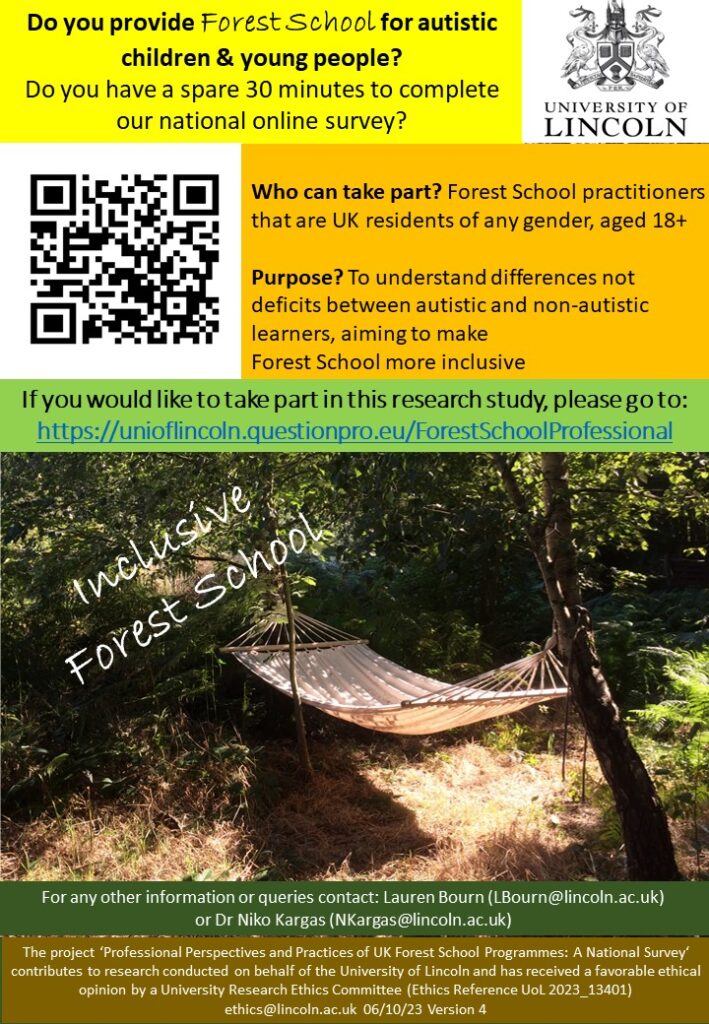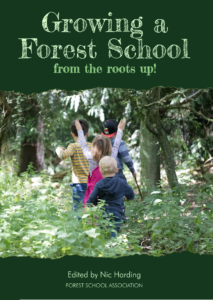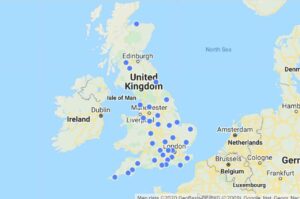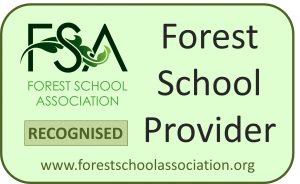By Lauren Bourn
Autistic learners are often viewed by educational professionals as having complex and diverse support needs. A report by the All-Party Parliamentary Group on Autism (APPGA, 2017) found that half of autistic young people felt their teachers did not know how to support them, and less than half of teachers felt confident in supporting an autistic child. Autistic learners are at a higher risk of being victimised and developing mental health conditions. Given their negative school experiences, many autistic learners would benefit from a part-time alternative provision that is able to support their individual needs.
The allows sessions to be tailored to individual needs, supporting autistic learners play and activity differences opportunities to develop positive relationships in a relaxed environment. Research evidence supports using Forest School for learners with SEN, helping increase school However, peer-reviewed research investigating autistic learners’ Forest School experiences specifically is limited.
Why a National Survey?
We have worked closely with an Autistic Learners at Forest School Advisory Board to develop our national survey. We aim to explore Forest School practitioners’ perspectives and practices when planning and delivering Forest School sessions for autistic & non-autistic learners. This includes exploring adjustments made to sessions that are designed to accommodate autistic learners’ needs. We also want to understand how practitioners perceive autism and their autistic learners’ behaviour, and the type of outcomes observed during sessions.
By recruiting Forest School practitioners nationally, our findings will be more applicable to a range of Forest School locations and settings across the UK compared to previous research.
We anticipate that our findings will add to the limited research base exploring Forest School for autistic learners and influence FSA best practice guidance on planning & delivering Forest School programmes for autistic learners.
If you are a Forest School Practitioner who is interested in contributing to this study, you can access the survey via QR code or survey link. We would greatly value your expert insights into this understudied area.

References
All Party Parliamentary Group on Autism. (2017). Autism and education in England 2017.
Bradley, K., & Male, D. (2017). Forest School is muddy and I like it”: Perspectives of young children with autism spectrum disorders, their parents and educational professionals. Educational and Child Psychology, 34(2), 80-96.
Friedman, S., Gibson, J., Jones, C., & Hughes, C. (2022). ‘A new adventure’: a case study of autistic children at Forest School. Journal of Adventure Education and Outdoor Learning, , 1-17.
Mandy, W., Murin, M., Baykaner, O., Staunton, S., Hellriegel, J., Anderson, S., & Skuse, D. (2016). The transition from primary to secondary school in mainstream education for children with autism spectrum disorder. Autism, 20(1), 5-13.
McCree, M., Cutting, R., & Sherwin, D. (2020). The Hare and the Tortoise go to Forest School: taking the scenic route to academic attainment via emotional wellbeing outdoors. Young Children’s Emotional Experiences (pp. 106-122). Routledge.




